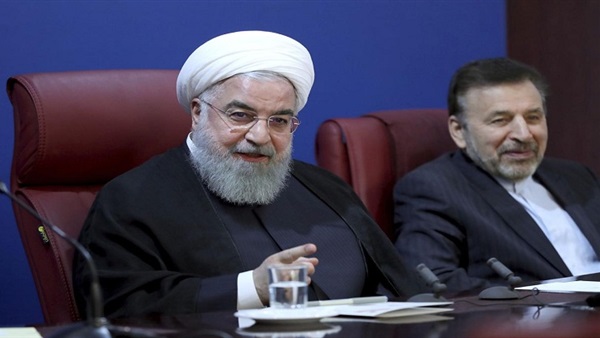Iran asks US to left sanctions

The lawsuit comes after the US formed an action
group to put additional diplomatic and economic pressure on Iran. The US
reimposed the first wave of sanctions on Iran three weeks ago, with more to
come in November.
Iran on Monday asked the International Court of
Justice (ICJ) to lift sanctions imposed three weeks ago by the United States.
US President Donald Trump reintroduced the penalties
in an effort to force Tehran to end its nuclear weapons program, and a second
round of sanctions taking effect in November are due to hit Iran's oil and
energy sector.
How did we get here:
On May 8 this year, the US withdrew from the 2015
Iran nuclear deal, under which Iran agreed to limit its nuclear activities in
exchange for the removal of economic sanctions.
In June, the US reinstated sanctions lifted under
the terms of the deal.
The first wave came into effect at the start of
August.
Iran now argues the move violates the decades-old
Treaty of Amity and Economic Relations signed between Iran and the US in 1955.
Iran suing US not unusual
Holly Dagres, a non-resident fellow at the Atlantic
Council, told DW that the Treaty of Amnity has been referred to on numerous
occassions by the US and Iran, dating back to the Iran hostage crisis that took
place between November 1979 and January 1981.
"The fact that Iran has decided to sue the US
over the reimposition of sanctions shouldn't be considered as unusual,"
Dagres said. "However, it's worth noting that Iran has not once referred
to the ICJ when sanctions were imposed in the past."
Dagres said that while the Trump adminstration may
argue that the treaty is no longer valid, previous US administrations have
referred to it in the past.
Should Iran be unsuccessful at the ICJ, she said
there would be little more they could do.
"If it doesn't work out at the ICJ, there
aren't many options left for the Iranian government except to circumvent the
sanctions, which they have a history of doing," Dagres said.





